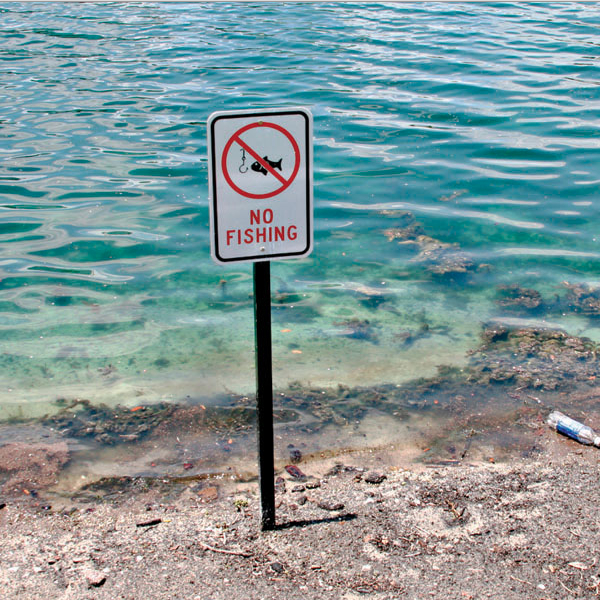Market Failure and the Role of Government

Market Failure and the Role of Government
SECTION12
- Module 36: Externalities
- Module 37: Externalities and Public Policy
- Module 38: Public Goods and Common Resources
- Module 39: The Economics of the Welfare State

WHO’LL STOP THE RAIN?
For many people in the northeastern United States, there is no better way to relax than to fish in one of the region’s thousands of lakes. But in the 1960s, avid fishermen noticed something alarming: lakes that had formerly teemed with fish were now almost empty. What had happened?
The answer was acid rain, caused mainly by coal-
You’ll be glad to hear that the acid rain problem today is much less serious than it was in the 1960s. Power plants have reduced their emissions by switching to low-
We’ve already seen that inefficiency can arise from market power, which allows monopolists and colluding oligopolists to charge prices above marginal cost, thereby preventing mutually beneficial transactions from occurring.
In this section we will consider other reasons for market failure. First we will see that inefficiency can arise from externalities, like pollution, which result from the side effects of actions. Then we will focus on how the characteristics of goods often determine whether markets can deliver them efficiently. We’ll look at goods that are public, private, common resources, and artificially scarce. This investigation of sources of inefficiency will deepen our understanding of why markets sometimes don’t work well and how government can take actions that reduce economic insecurity, address income inequality (to some degree), and increase society’s welfare.